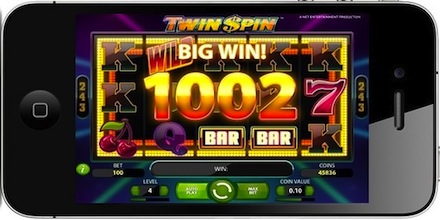Gambling Industry Billion
- Gambling Industry Billion Bailout
- Gambling Industry Statistics
- Gambling Industry Revenue
- Gambling Industry Billion Stocks
A report on gambling and betting in Nigeria.
The gambling industry has been having a strong run of late. In 2015 the online gaming market alone was worth $37.91 billion and is forecast to be worth almost $60 billion by 2020. This fast-growing market has more than doubled in size since 2009 – a time when most of the global economy has been stagnating. In 2018, the video games market generated $131 billion, with mobile gaming outpacing revenue made by pc and console gaming. Looking ahead, the biggest revenue drivers anticipated continue to be.

There are multiple definitions of betting, many of which refer to betting as the act of placing a wager on a predicted outcome of an event. Betting operates on the theory of probability and can be said to have taken place when one stakes a sum of money on an upcoming event they feel strongly about.
The Oxford dictionary defines gambling as “taking a risky action in the hope of a desired result.” On the back of this definition, a subtle, yet distinguishing factor between gambling and betting is that gambling can simply connote ‘risk-taking’ that is as benign as moving your car from under a scorching sun to the other side of a parking lot in a mall – knowing fully well that the space in the shade might be occupied before you get there, on top of losing that earlier spot too. Therefore, even though gambling may or may not involve cash stakes, betting is a form of gambling that always involves wagers; mostly in form of cash stakes. For the purpose of this piece, we will assume they can be used interchangeably.
From friends betting on how many bottles of beer they can finish to classmates betting on who will score lowest in a test, betting has always been a part of human nature. Now, just like many other activities that humans casually engage in, a capitalist society has monetized, regulated and industrialized the betting industry in Nigeria such that a range of events – mostly but not necessarily sporting, are predicted by bookmakers who offer odds for gamblers to stake wagers on.
Gambling can be defined as any activity (e.g. a game of chance or skill) where an item of value is placed at risk in an attempt to gain something of greater value.

Gambling Industry Billion Bailout
A report on gambling and betting in Nigeria.
Gambling Industry Statistics
There are multiple definitions of betting, many of which refer to betting as the act of placing a wager on a predicted outcome of an event. Betting operates on the theory of probability and can be said to have taken place when one stakes a sum of money on an upcoming event they feel strongly about.
The Oxford dictionary defines gambling as “taking a risky action in the hope of a desired result.” On the back of this definition, a subtle, yet distinguishing factor between gambling and betting is that gambling can simply connote ‘risk-taking’ that is as benign as moving your car from under a scorching sun to the other side of a parking lot in a mall – knowing fully well that the space in the shade might be occupied before you get there, on top of losing that earlier spot too. Therefore, even though gambling may or may not involve cash stakes, betting is a form of gambling that always involves wagers; mostly in form of cash stakes. For the purpose of this piece, we will assume they can be used interchangeably.

Gambling Industry Revenue
From friends betting on how many bottles of beer they can finish to classmates betting on who will score lowest in a test, betting has always been a part of human nature. Now, just like many other activities that humans casually engage in, a capitalist society has monetized, regulated and industrialized the betting industry in Nigeria such that a range of events – mostly but not necessarily sporting, are predicted by bookmakers who offer odds for gamblers to stake wagers on.

Gambling Industry Billion Stocks
Gambling can be defined as any activity (e.g. a game of chance or skill) where an item of value is placed at risk in an attempt to gain something of greater value.